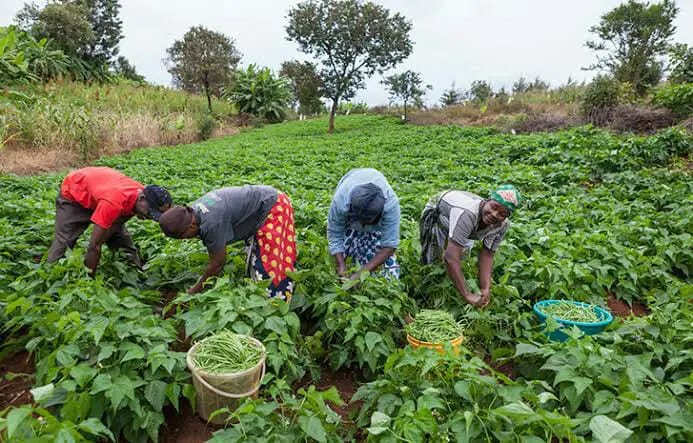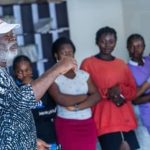Daily Post sources say the Federal Government has identified open grazing as a factor in Nigeria’s long-running farmer–herder conflicts and has unveiled a nationwide plan to rehabilitate 417 grazing reserves into modern livestock hubs.
Minister of Livestock Development, Idi Mukhtar Maiha, made the announcement on Monday at the maiden meeting of the National Council on Livestock Development held at the Government House Banquet Hall in Yola, Adamawa State.
He described the gathering as a turning point for Nigeria’s livestock future, noting that the new strategy is designed to modernize production, boost economic opportunities and foster long-term peace.
Maiha said Nigeria must urgently shift from open grazing to ranching. He called open grazing unsustainable and a major source of conflict.
According to him, transforming the 417 reserves into Renewed Hope Livestock Villages is central to resolving the crisis.
He explained that each reserve will operate as an economic hub equipped with improved pastures, veterinary services, water infrastructure, schools, clinics, renewable energy systems and dairy and beef processing facilities.
The minister said state governments will be required to provide land for pastoralists ready to adopt ranching.
He added that ranching offers stability, security and higher productivity for livestock producers.
Meanwhile, a security analyst explained that the Nigerian government is yet to understand that there is a difference between herders and bandits or terrorists that have plaqued the country over the years.
Captain Abdu Hayat Emmanuel argued that traditional herders and farmers have always had a partnership which was lived in harmony and cooperation. They did not wander about with arms and motorcycles. They move with cattle and livestock. These terrorists he said, move around on motorcycles at night, with guns with the intention to cause chaos, grab lands, kidnap, maim, rape and kill, adding that the earlier the issue is addressed as fulani aggression, the easier for a solution to emerge.
In another development, Maiha outlined key achievements of the one-year-old Ministry of Livestock Development, anchored on the National Livestock Growth Acceleration Strategy.
The strategy aims to expand the livestock sector from 32 billion to 74 billion dollars within five years through genetic improvement, higher productivity and increased investment across the value chain.
He listed several milestones, including the registration of eight new pasture species, development of a national genetic resources plan and expansion of vaccine production capacity at NVRI Vom from 120 million to 850 million doses annually.
He also highlighted the development of the Wase Livestock Village as a model for grazing reserve rehabilitation and new partnerships with major global dairy companies such as Nestlé, Arla, Danone, Promasidor and FrieslandCampina WAMCO.
These initiatives are expected to help double Nigeria’s annual milk production from 700,000 to 1.4 million metric tons. Under the L-PRES project, additional facilities such as milk collection centres, solar-powered boreholes, veterinary clinics, slaughter slabs and cattle dips have been established across several states.
Maiha urged states to align with the national strategy, warning that disjointed approaches would slow progress. He said the challenges of the sector cut across state borders and must be addressed through a unified national plan.
Chairman of the House Committee on Livestock Development, Tasir Olawale Raji, pledged legislative support for reforms aimed at repositioning the sector.
He warned that Nigeria’s production deficit remains alarming, with the country importing 65 percent of the milk it consumes. He noted that per capita consumption of milk, meat and eggs is far below global averages and said the National Assembly is drafting new laws to modernize livestock systems and attract private investment.
Raji urged delegates to offer practical solutions capable of unlocking the economic potential of the sector, expressing confidence that the council would help fast-track the goals of the Renewed Hope Agenda.
Permanent Secretary of the ministry, Chinyere Ijeoma Akujobi, said the meeting marks a defining moment in Nigeria’s livestock transformation efforts.
She said the newly inaugurated council will serve as the nation’s top policy and coordination arm of the project.






